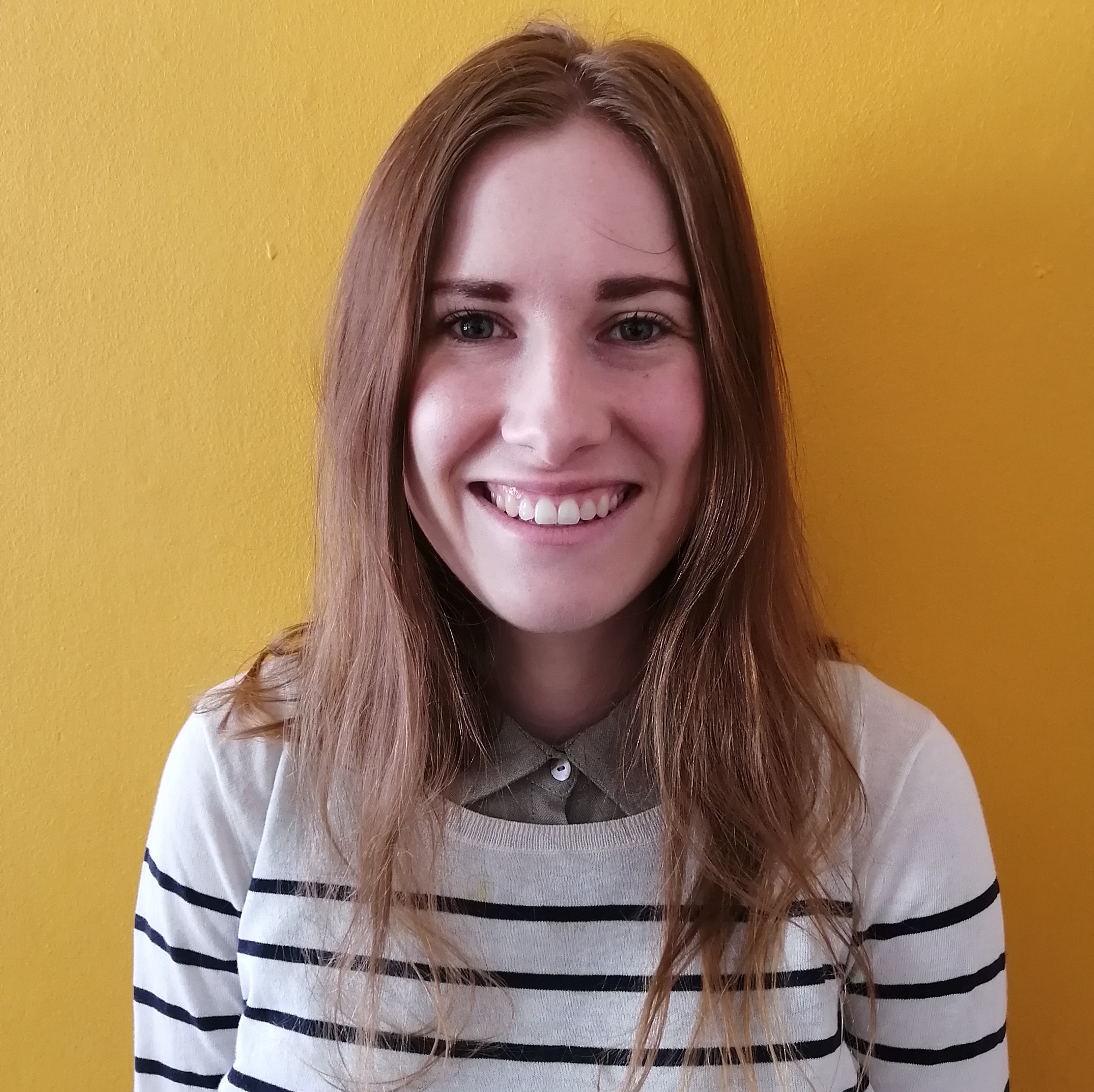
Christine Lalor
My name is Christine Lalor. I am 25 years old and come from Cape Town, South Africa. I have an Honours degree in Political Science and am currently studying for a degree in Applied Psychology and Counselling. I began my internship at SIHMA in October 2020. As I live in Cape Town, I have been very lucky to have been able to come into the office twice a week for the last three months. My capacity at SIHMA has been as a research and communications intern working closely and collaborating with the other members of the team.
I have been interested in volunteering at SIHMA for quite a few years now – starting studying again in June of this year, gave me the opportunity to finally apply to the organization. Having studied politics at university, I was able to nurture and grow my passion for and interest in migration issues, policy planning, and social justice. Ultimately, I joined SIHMA as a manner in which to gain a deeper understanding of migration issues and trends in South Africa and across the continent. This has been my first internship experience with an organization of this nature, the element of newness and uncertainty has been both exciting and challenging.
Having worked on other teams during my previous internship experiences, I have come to understand that the people within an institution are as important as the work that is being done. Being able to come into a work environment where you feel supported and appreciated, is something that a lot of people take for granted. At SIHMA, the people I have interacted with, been mentored by and collaborated alongside, have made my time here meaningful and worthwhile. I have been able to learn important skills and gain valuable knowledge about migration issues and patterns. The team encourages originality and exploration – being able to work on tasks that are of interest to me, as an individual, has ensured that the work I have produced, has been valuable to both me personally, and hopefully to the organization.
During my time at SIHMA, I have co-authored three blog posts: A reflective summary on the Catholic Immigrant Integration Initiative (CIII) Conference (1) in which Father Filippo was a panelist; an introduction into SIHMA’s new research paper series – the Advocates’ Migration Brief – exploring the legal provisions which exclude certain categories of persons from refugee status in South Africa (2); and, a blog post which I wrote with my fellow intern, Nolwenn Marconnet, on the limited access that migrant women have to education around Africa (3). Being a part of the communications side of the organization, I also shared the responsibility with my fellow interns of posting interesting and relevant news articles and studies to SIHMA’s social media pages.
I have had a unique experience during a very unique time for every person around the globe. Being privileged enough to come into the office and interact with Fr. Filippo, James Chapman, and Deborah Zen, has afforded me the opportunity to gain valuable insight and priceless knowledge from experts in the field of migration. Working remotely has also given me the space to communicate with the other interns in their respective countries. I have been able to read their work on the SIHMA website, spend time sharing ideas with them during our biweekly staff meetings, and even collaborate with Nolwenn (in France) to write our blog post on migrant women and their exclusion from access to education. This experience has been both enlightening and challenging. I feel privileged to have been given the space to explore and create, and I would recommend SIHMA’s internship program to anyone interested in politics, human development, social justice, and migration issues.
Christine Lalor
(1) https://sihma.org.za/Blog-on-the-move/catholic-immigrant-initiative-ciii-conference
(2) https://sihma.org.za/Blog-on-the-move/refugee-status-included-in-or-excluded-from-refugee-protection
(3) https://sihma.org.za/Blog-on-the-move/exclusion-of-migrant-women-in-africa-access-to-education

